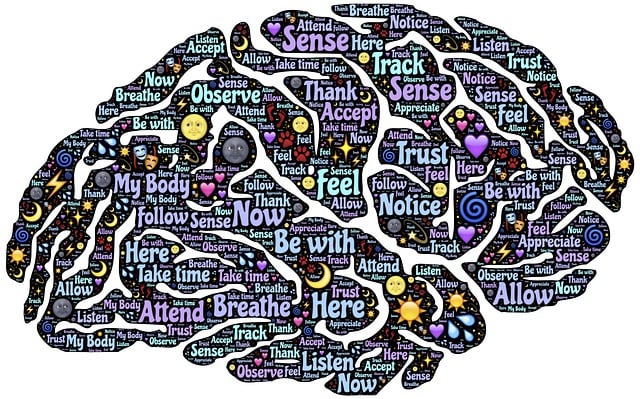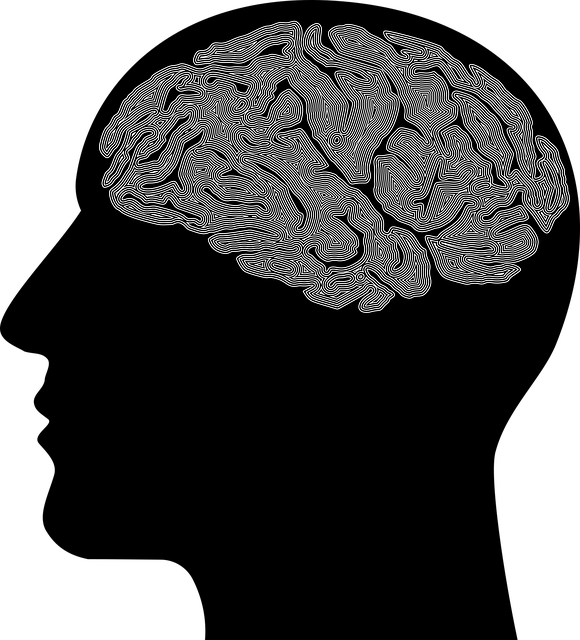Colorado Springs Anxiety Therapy offers evidence-based emotion regulation techniques to enhance well-being. By identifying emotions, practicing mindfulness, self-compassion, and stress management, individuals gain conscious control over their responses to anxiety and stress. This comprehensive approach, combining mind-body practices with self-awareness exercises, empowers clients to navigate life's challenges with balance, fostering emotional healing and resilience, especially in stressful environments like Colorado Springs.
Emotion regulation techniques are essential tools for managing mental health and overall well-being. This comprehensive guide explores effective strategies, with a focus on the role of Colorado Springs anxiety therapy in teaching these skills. We’ll delve into the basics of emotion regulation, practical tips from therapists, and ways to integrate these valuable tools into daily life. Discover how Colorado Springs anxiety therapy provides a supportive environment to learn and practice these techniques, fostering resilience and improved mental health outcomes.
- Understanding Emotion Regulation: Unraveling the Basics
- The Role of Colorado Springs Anxiety Therapy in Teaching These Techniques
- Practical Strategies for Effective Emotion Regulation
- Integrating These Skills into Daily Life: Tips and Resources
Understanding Emotion Regulation: Unraveling the Basics

Emotion regulation is a vital skill that involves understanding and managing our feelings to enhance overall well-being. It’s about recognizing that emotions are a natural part of life but learning how to respond to them in healthy ways, especially during moments of stress or anxiety, which Colorado Springs Anxiety Therapy professionals often address. This process begins with awareness—identifying and labeling emotions accurately. Once individuals can name their feelings, they gain the power to choose how to express and cope with them.
Effective emotion regulation strategies include communication strategies, such as expressing thoughts and emotions assertively but respectfully. Compassion cultivation practices, like mindfulness and self-compassion, also play a significant role in reducing negative emotional responses. By teaching individuals to observe their feelings without judgment, these practices foster a sense of calm and resilience. Additionally, stress management techniques, which are often a core component of therapy in Colorado Springs, empower people to take proactive steps in preventing or mitigating intense emotional reactions.
The Role of Colorado Springs Anxiety Therapy in Teaching These Techniques

Colorado Springs Anxiety Therapy serves as a beacon for individuals seeking to master emotion regulation techniques. This therapeutic hub, rooted in the vibrant landscape of Colorado Springs, offers specialized programs tailored to navigate the intricate paths of anxiety and stress. Through evidence-based practices, therapists guide clients on their journey towards emotional resilience. The therapy focuses on the interconnectedness of mind and body, leveraging Mind Over Matter principles to empower individuals in managing their emotions effectively.
The heart of this approach lies in Compassion Cultivation Practices, where clients learn to embrace self-compassion as a powerful tool against anxiety. By integrating these practices into daily routines, participants experience profound shifts in their emotional healing processes. Colorado Springs Anxiety Therapy’s holistic method transcends mere symptom management; it fosters long-lasting coping mechanisms that enrich overall well-being.
Practical Strategies for Effective Emotion Regulation

In the realm of Colorado Springs anxiety therapy, mastering emotion regulation techniques is a game-changer. It equips individuals with powerful tools to navigate life’s challenges and maintain emotional balance. One effective strategy is cultivating self-awareness exercises, such as mindfulness meditation and journaling, which enable individuals to recognize and understand their emotions. By regularly practicing these exercises, one can develop a deeper connection with their feelings, allowing for more conscious responses rather than reactive behaviors.
Moreover, integrating burnout prevention strategies for healthcare providers is particularly relevant in high-stress professions. Techniques like setting boundaries, prioritizing self-care, and engaging in stress-reducing activities help professionals maintain emotional resilience. Additionally, empathy building strategies play a crucial role in fostering healthy relationships and enhancing emotional regulation. By practicing active listening, cultivating compassion, and promoting open communication, individuals can better understand and manage their own emotions as well as those of others.
Integrating These Skills into Daily Life: Tips and Resources

Integrating emotion regulation techniques into your daily routine can transform your mental health and overall well-being, especially in stressful situations like those that might arise in Colorado Springs anxiety therapy settings. Here are some practical tips to make this transition smoother. Start by identifying triggers—specific people, places, or events that often lead to overwhelming emotions. Once identified, practice mindfulness techniques such as deep breathing exercises or meditation during these moments to help calm your mind and body. Regular self-care practices, like engaging in physical activity, keeping a journal, or spending time in nature, can also serve as effective tools for emotion regulation.
Leveraging resources available online, through apps, or from local support groups can significantly enhance your skills. Many platforms offer guided meditations and stress management courses tailored to various needs. For instance, compassion cultivation practices have been shown to reduce anxiety and improve emotional resilience. Crisis intervention guidance is another valuable resource that teaches you how to manage intense emotions during challenging situations. By combining these techniques with self-care practices, individuals can build a robust toolkit for navigating life’s complexities, ensuring better mental health outcomes in Colorado Springs anxiety therapy and beyond.
Emotion regulation is a powerful tool for enhancing mental well-being, and Colorado Springs Anxiety Therapy has emerged as a leading light in teaching these techniques. By delving into practical strategies and integrating them into daily life, individuals can navigate their emotions more effectively. This article has provided a comprehensive guide to understanding emotion regulation, leveraging the expertise of Colorado Springs Anxiety Therapy, implementing practical strategies, and utilizing resources to foster emotional resilience. Remember that, with dedication, these skills can transform lives, allowing folks to embrace a more balanced and fulfilling existence.














